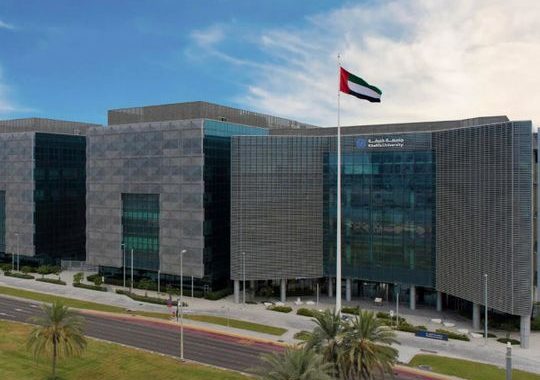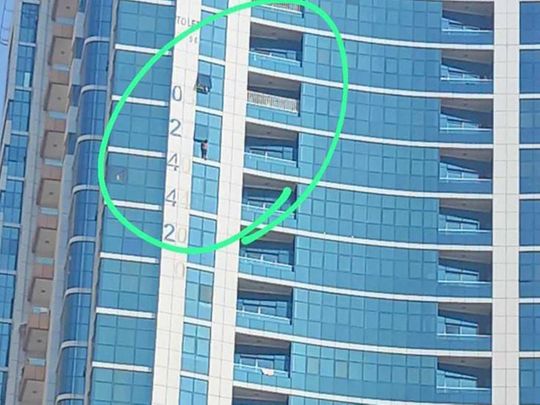Arab youth say religion, family define personal identity, concerned about loss of traditional values

Image Credit: Shutterstock
Dubai: Arab youth say religion and their family or tribe define their personal identity, with most saying that preserving their religious and cultural identity is more important to them than creating a more tolerant, liberal, and globalised society.
This is one of the key findings of the 15th annual ASDA’A BCW Arab Youth Survey conducted under the theme ‘My Identity’ . When asked what defines their personal identity, ‘my religion’ and ‘my family/tribe’ were each named by 27% of respondents overall, followed by ‘my nationality’ (15%), ‘my language’ (11%), ‘my Arabic heritage’ (8%), ‘my gender’ (7%) and ‘my political beliefs’ (4%).
Religion was named as most important to personal identity by 30% of the respondents in Levant, 27% in North Africa, and 25% in the Gulf Cooperation Council (GCC) states, while family/tribe was deemed most important by 37% of youth in North Africa, 21% in Levant and 20% in the GCC.
Traditional values
Over three-quarters (76%) of Arab youth said they are concerned about the loss of traditional values and culture, the highest percentage saying so in five years, while nearly two-thirds (65%) said preserving their religious and cultural identity is more important to them than creating a more tolerant, liberal, and globalised society. This sentiment rises to nearly 74% in Levant, 72% in the GCC states and 68% in North Africa.
Interestingly, while 11% said language is most important to their identity, over half (54%) of the respondents said the Arabic language is less important to them than it is to their parents. This trend is seen across the three regions surveyed, with 59% of GCC youth, 51% in North Africa and 52% in Levant all saying it is less important to them.
Role of religion
Reflecting the importance they place on their faith, a majority (73%) disagreed that religious values are holding the Arab world back, but nearly two-thirds (65%) said religion plays too big a role in the Middle East. Fewer Arab youth than in previous years feel the region needs to reform its religious institutions — down to 58% this year from 77% last year.
This year, the face-to-face interviews with Arab youth were conducted from March 27 to April 12, coinciding with the Holy Month of Ramadan.
This sense of young Arabs embracing their religious identity is further reinforced by the finding that nearly two-thirds (62%) say the laws of their country should be based on Sharia standards and not civil or common law. This sentiment is consistent across the three regions covered, with 68% in GCC, 53% in North Africa and 68% in Levant saying they prefer Sharia laws to govern their nations.
Better opportunities
Meanwhile, over half of Arab youth in the Levantine and North African countries said they are actively trying to leave or are considering leaving their country for better opportunities. The desire to emigrate is strongest among young men and women in the Levant (53%) followed by North Africa (48%), with the primary goal of finding a job.
On the other hand, just over a quarter (27%) of youth in the Gulf Cooperation Council (GCC) states say they have considered emigration, with a majority saying they would ‘never leave their country.’
Most Arab youth say they would like to emigrate to Canada (34%), with the United States (30%) coming a close second, followed by Germany and the UK (both on 20%) and France at 17%.


